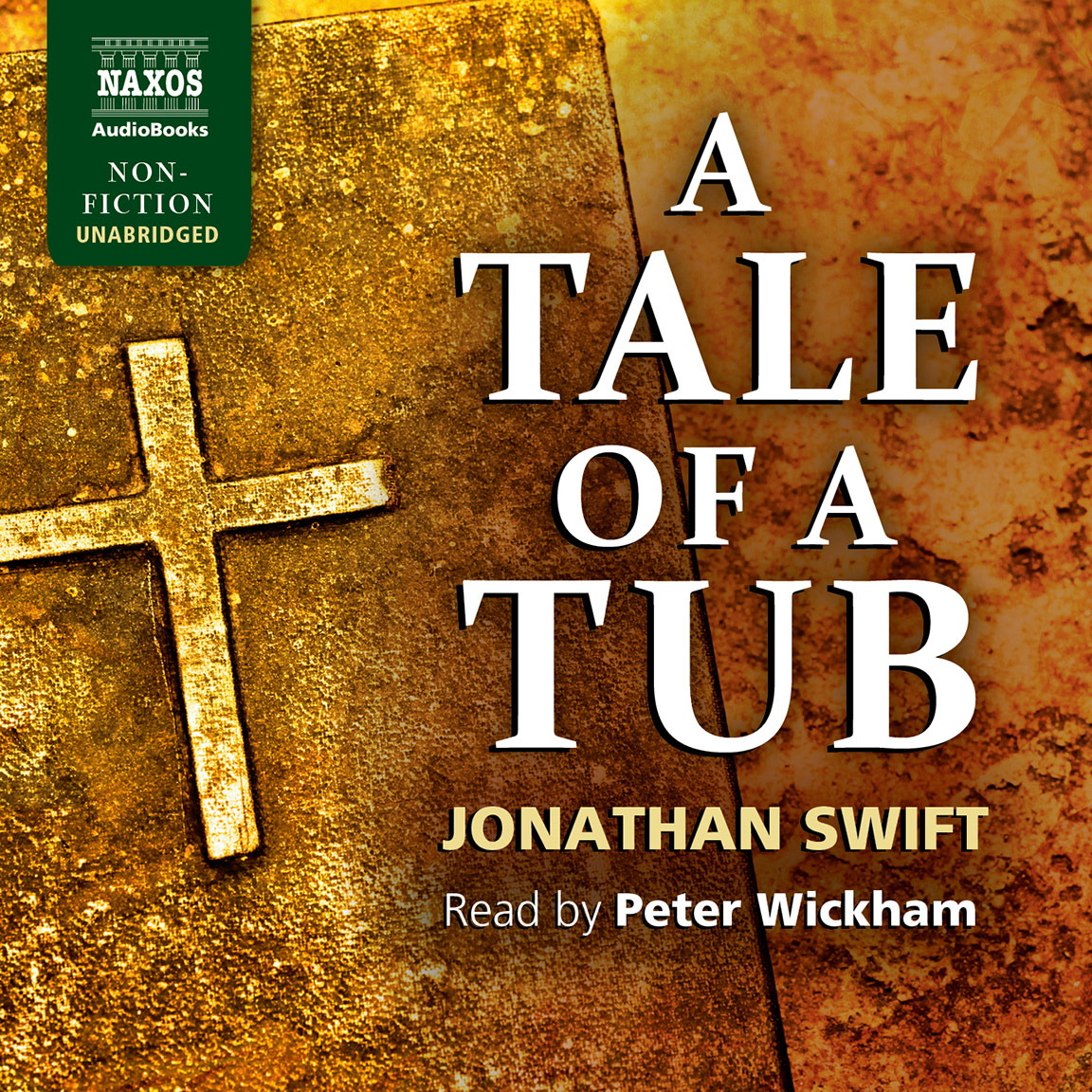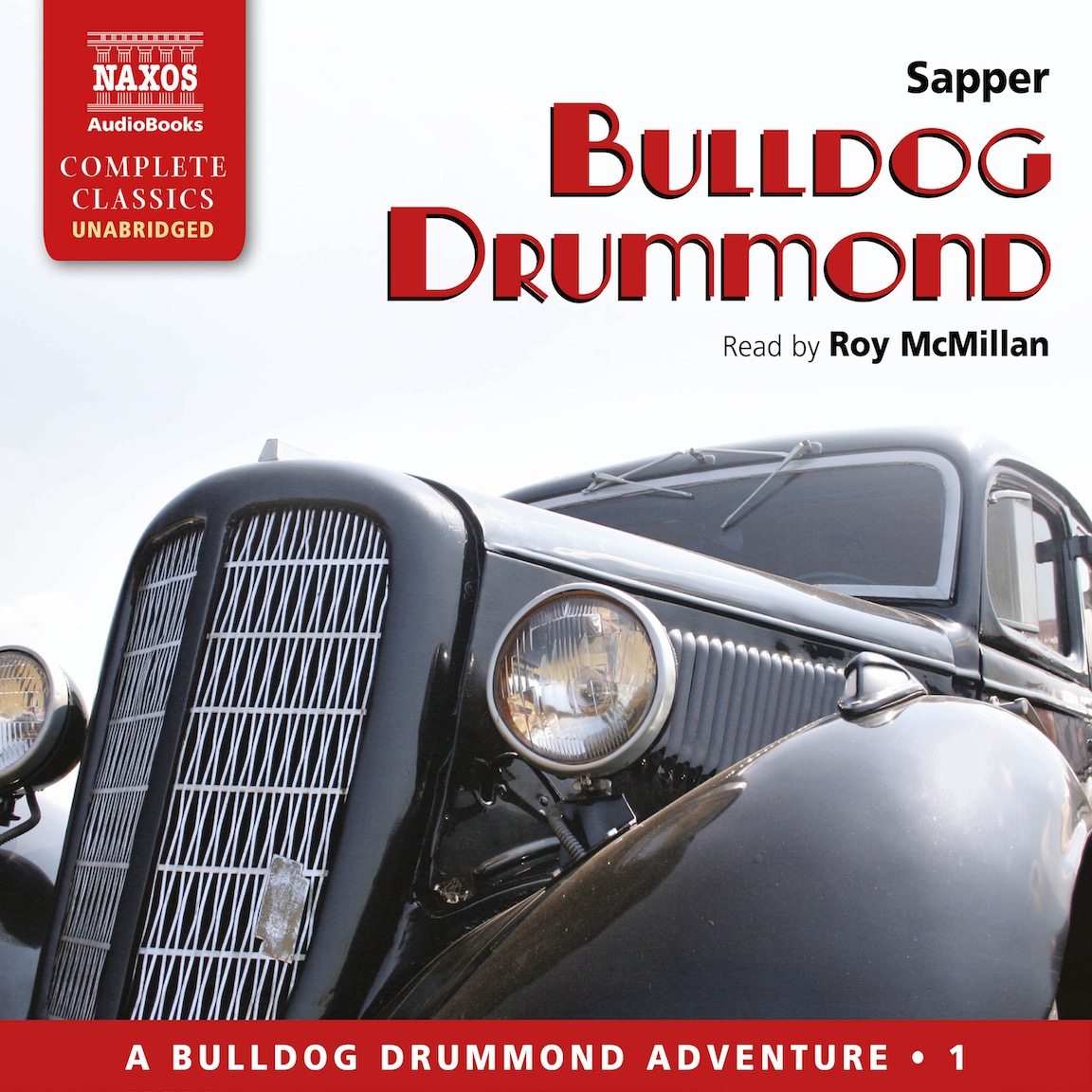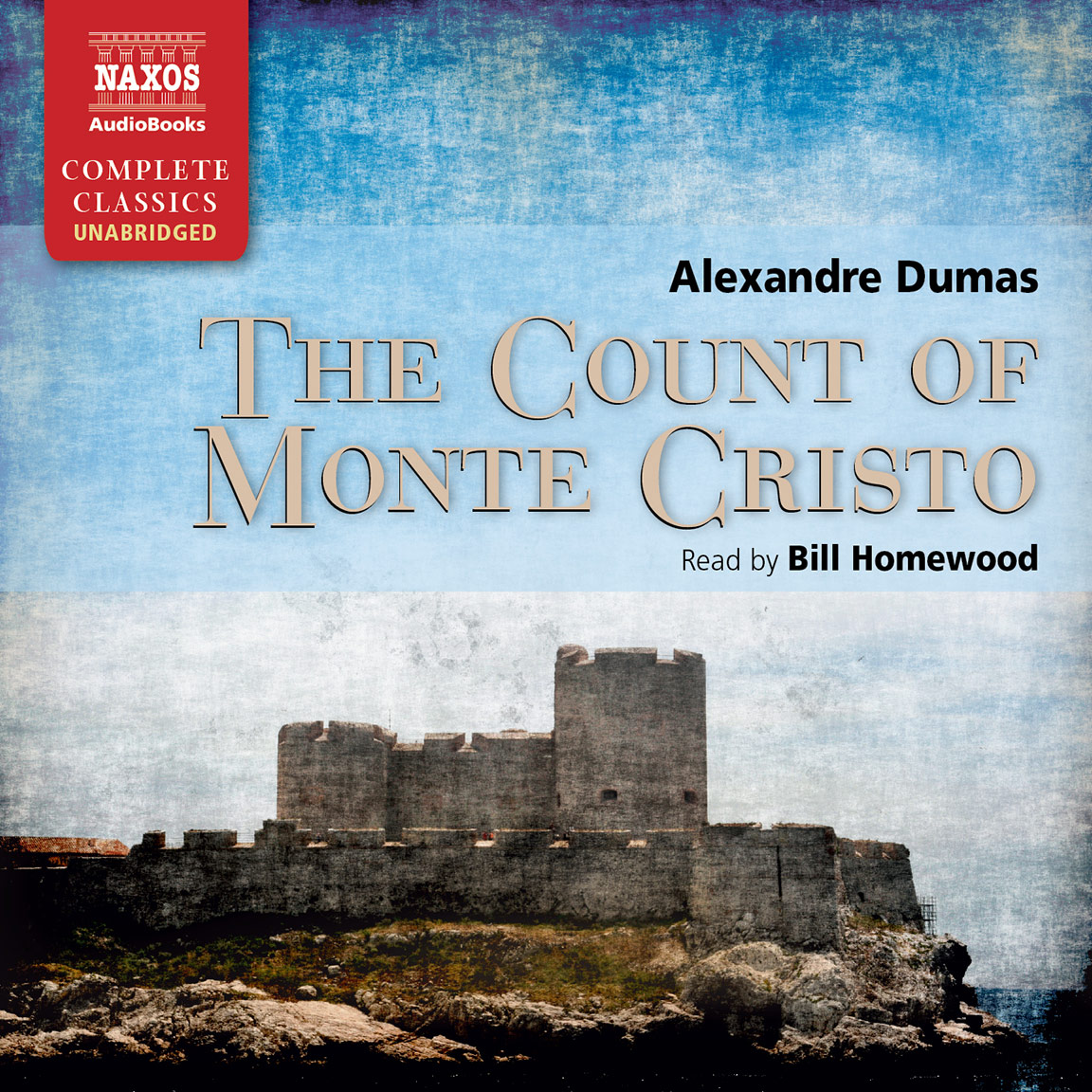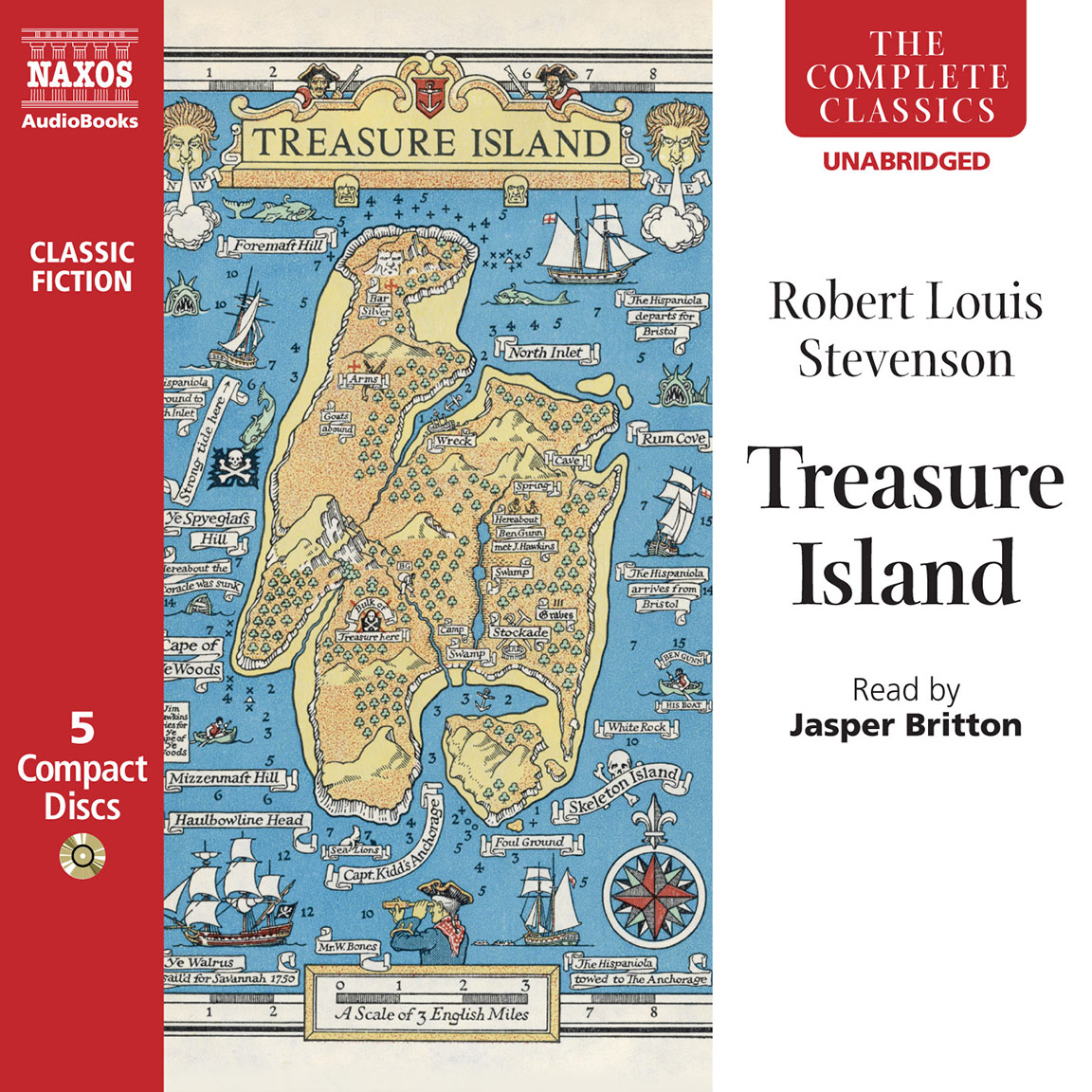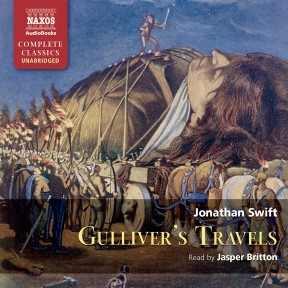
Audio Sample
Jonathan Swift
Gulliver’s Travels
Read by Jasper Britton
unabridged
Lemuel Gulliver, a slightly staid ship’s doctor, relates the tales of his astonishing travels. He encounters the tiny, warring Lilliputians; the giant, sceptical Brobdingnagians; the ludicrously intellectual Laputans; and the idealistic – if rather stolid – Houyhnhnms and their bestial servants, the Yahoos. An immediate best-seller when it was first published in 1726, Gulliver’s Travels has remained a favourite ever since. It was an attack on the politics and society of Swift’s day, but it is also a polemical, inventive, surreal, vitriolic and wonderfully imaginative masterpiece, whose powerful satire continues to strike home.

-
Running Time: 10 h 58 m
More product details
Digital ISBN: 978-1-84379-420-2 Cat. no.: NA0011 Download size: 159 MB BISAC: FIC004000 Released: August 2010 -
Listen to this title at Audible.com↗Buy on CD at Downpour.com↗Listen to this title at the Naxos Spoken Word Library↗
Due to copyright, this title is not currently available in your region.
You May Also Enjoy
Reviews
Narrator Jasper Britton is spirited and enthusiastic in the latest rendition of the eighteenth-century travelogue to nonexistent lands of Lemuel Gulliver. The story is essentially plotless, but Britton keeps the satirical inventiveness rolling along. We all remember Lilliput, with the tiny people, and maybe even Brobdingnag, with the very large people; but how about the angular folks of Laputa, with their bizarre, useless experiments, or the enlightened Houyhnhnm horses that never lie and practice birth control? Gulliver shares stories of England with his various hosts, and Britton is adept at translating Gulliver’s outrage and disbelief at obstructionist lawyers, crooked politicians, needless wars, lack of education for girls, and everything else. The whinnying, horsey voice of the Houyhnhnms that Britton adopts is particularly noteworthy.
A.B., AudioFile
Sound Commentary Best of 2010
Sound Commentary Starred Review
Those who had this as required reading in high school back in the day and doubted they would ever want to re-read it, and those who have never read this and never thought they would, will find Jasper Britton’s excellent narration truly brings this classic, brilliant satiric novel to life. The Lilliputians, Yahoos, Laputans and many other beings that Gulliver meets in his journeys provide an opportunity to poke at the politics and society of Swift’s day (early- to mid-18th century) and, to his enormous credit, Britton manages to pronounce the unpronounceable peoples (try Brobdingnagians and Houyhnms) and to speak their bizarre languages as well. His theatre credits include Macbeth and The Tempest at Shakespeare’s Globe. Oedipus and Fram at the National Theatre and The Taming of the Shrew at the Royal Shakespeare Company. And clearly all these experiences enable him to narrate this story so perfectly.
Sue Rosenzweig, Sound Commentary
Booklet Notes
To shew men what they are, and to teach them what they ought to be! …
The moral lesson is as fine as the intellectual exhibition is amusing.
It is an attempt to tear off the mask of imposture from the world;
and nothing but imposture has a right to complain of it.
William Hazlitt, Lectures on the English Poets
Needless to say, men did complain, and not just those who failed to understand it. Some of the greatest names in English letters have felt the attitudes portrayed in Gulliver’s Travels were evidence of amoral misanthropy or even madness; but perhaps they understood rather better the anger that seethes under this ostensibly charming fable.
Among the reasons for its continuing popularity is the brilliance of its core conceit. Jonathan Swift was a man of letters, a politically engaged pamphleteer, poet and satirist (when he wasn’t doing his main work of being the Dean of St Patrick’s in Dublin), and he wanted to make a few sharp and pertinent points. To do this, he created the tiny world of Lilliput and the huge one of Brobdingnag. The peoples of these places being remarkably human in aspect, Swift could explore facets of European civilisation from two completely opposing but complementary perspectives. At the same time, he could let Gulliver pass comment on the strange new worlds he was entering; and the different peoples he met could offer opinions on the world Gulliver represented. This matter of scale, which so brilliantly illumines and focuses the objects of concern, seems so simple; but its pleasing simplicity is that of complex genius. Once established, it allows Swift to develop his theme of the traveller visiting strange lands, and in the voyage to Laputa and the land of the Houyhnhnms, his satire develops into more surreal and then far darker territories.
Quite what he was satirising is still a matter of considerable contention. Specific Whig policies? The politics of royalty? Foreign policy? Intellectual trends of the time? Literary fashionistas? All of the above, probably, and a great deal more that requires detailed annotation from serious academics. But despite this, there are several reasons why it still forms a part of the central canon of English literature. One is that central and memorable idea of scale; another is the imaginative fancy that created such images as Gulliver in Lilliput tied down by innumerable little ropes; yet another is the truths of the broader satire, which lift the text out of its time and still bite today. It would probably depress Swift, even if it did not surprise him, that the injustices and inanities against which he fought and wrote so passionately are still thriving.
Much of the
work he pro-
duced during
the 1730s is
scatological,
prurient and
frankly rather
distasteful
There is a great deal known about Swift, almost all of it undercut by what we don’t know about him. For example, he was born in Dublin in 1667, but we don’t know who his father was. We know he was at one point taken to England by his nurse, but not whether this was with the mother’s knowledge or approval or at her instigation. We know that as an adult at least two women were prepared to dedicate their lives to him (Esther ‘Stella’ Johnson and Hester ‘Vanessa’ Vanhomrigh; both nicknames given by Swift), but no one knows for certain whether he actually married Stella. He suffered from serious ill health throughout his life, but we don’t know quite what it was – vertigo, perhaps, which in acute cases can be profoundly debilitating. We know he died in 1745, and that he had been silent for some years before that; but not what it was that killed him or whether the silence was literal or metaphorical. Various doctors over the centuries have guessed at the cause of his death, but those who claim to be certain haven’t troubled with the evidence, and those that tested what there is to test can’t be sure. Indeed the volume of information, anecdote and spurious recollection rather swamps biography.
He was a Protestant in Ireland and graduated from Trinity College, Dublin. When the deposed Catholic James II attempted to take over the British throne by invading Ireland (the plot failed at the Battle of the Boyne in 1690), many Protestants fled to England, and Swift was among them. He took a post as secretary to Sir William Temple in Surrey, and it was there he met Stella, who was eight years old at this time. As well as helping her read and write, they became close friends over the following ten years. During that time, he became an ordained priest back in Dublin, and until 1714 his life was split between his clerical career in Ireland, which he initially hated, and his growing reputation and friendships among the literary and political elite (Pope, Addison, Steele. Gay, Congreve and Arbuthnot especially) in England. His work with Sir William had introduced him to the world of politics, and he had started to write seriously, with considerable success and influence. He had great hopes that his pamphlets and publications would lead to a satisfactorily well-paid role in England, but the death of Queen Anne and the success of the Whigs meant he returned to Ireland, miserably, to take up his role as the Dean of St Patrick’s.
His personal life remained obscure. He had met Vanessa in London while Stella was in Ireland; Vanessa even followed him back to Dublin. But the discomfort of that arrangement seems to have proved too much – had he in fact married Stella? – and in 1723 Vanessa died. By this time, the fury that had showed itself in his earlier work, writings that helped shape public opinion in England, was to find inspiration in the appalling treatment of Ireland by the British. Between 1725 and 1729, he wrote The Drapier’s Letters, which gave him a reputation as an Irish patriot, Gulliver’s Travels, which gave him international success (and was the only writing he ever received payment for), and A Modest Proposal, which cemented his reputation as a vicious satirist. However, 1728 saw Stella’s death, and the beginning of what seems a long and lonely decline.
He continued to publish during the 1730s, but much of the work he produced at that time is scatological, prurient and frankly rather distasteful. Needless to say, academics and critics are split over whether these are serious poems making a satirical point, crude pieces of filth indicative of a diseased mind, or simply attempts to be funny. Whatever they are, there are pre-echoes of these themes in Gulliver’s Travels and elsewhere in his writing. It is tempting to draw broad conclusions about Swift’s general attitude to the physical body and relate them to his views on the body politic; but it would do little more than add to the speculative miasma that floats over any attempt to generalise this complex creative mind.
Shortly after he made his will in 1742, Swift’s affairs were placed in the hands of guardians, and whatever the nature of the darkness and silence that descended upon him, he died three years later. He was fairly wealthy, but had always given substantial sums to charity, and left money for the establishment of an asylum in Dublin. It seems impossible to know him; but the ‘savage indignation’ that marked his writings was clearly aimed at the oppressor, the powerful, those who would impose their will on others. At the same time, he created delightfully comic absurdities to make his points. Hazlitt was right; and this combination of deep moral anger and brilliantly barbed invention makes him the standard-bearer for all satirists since.
Notes by Roy McMillan
